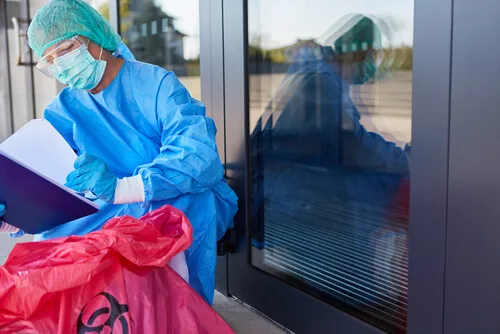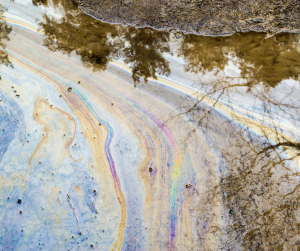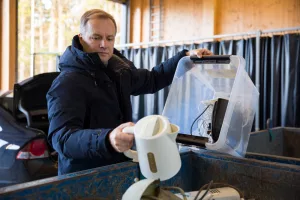Hazardous waste management is a critical yet often under-appreciated aspect of environmental conservation efforts. It involves collecting, treating, moving, and disposing of waste materials that would otherwise potentially harm public health, the environment, or both.
Hazardous materials (“hazmat”) can be broadly categorized into several types, each with its own unique characteristics and risks. Waste management companies adopt a multitude of strategies and technologies to mitigate these risks effectively.
Types of Hazardous Waste
Let’s get into the main types of hazardous Waste and explore the sophisticated mechanisms waste management companies employ to handle them.
Listed Wastes
The Environmental Protection Agency (EPA) has a list of specific wastes known to be hazardous, categorized into F-list (wastes from common manufacturing processes), K-list (source-specific wastes), and the P- and U-list (discarded commercial chemical products).
Characteristic Wastes
Wastes that exhibit ignitability, corrosivity, reactivity or toxicity are deemed hazardous due to these characteristics. These properties pose significant risks: fires, chemical burns, explosions, and contamination of soil and groundwater.
Universal Wastes
These include widely produced hazardous waste materials like batteries, pesticides, equipment containing mercury, and lightbulbs.
They’re called “universal” because they are prevalent across various industries and sectors. This type of waste is so commonplace that even the average American household can partake in the build–up of universal waste.
Mixed Wastes
The “mixed” type contains both radioactive and hazardous chemical components. Mixed wastes require specialized treatment due to their hazards’ complex nature.
E-Waste
Electronic waste — computers, televisions, mobile phones — are hazardous due to the presence of heavy metals and other toxic substances like lead, cadmium. Mercury, and organic compounds like flame retardants.
Hazardous Waste Management Techniques
Waste management companies like Specialized Waste Systems and our sister company, TAS Environmental Services, are at the forefront of dealing with hazardous wastes, employing several advanced techniques:
Collection and Transportation
The first step involves safely collecting the Waste from its source and transporting it to a treatment, storage, or disposal facility. This uses specially designed containers and transport vehicles to prevent leaks and spills.
Treatment
Treatment methods vary based on the type of Waste:
Chemical Treatment
This process neutralizes the Waste, making it less hazardous. For example, acids can be neutralized with bases.
Biological Treatment
Microorganisms break down organic hazardous wastes. This is often used for soil remediation.
Physical Treatment
Techniques such as encapsulation or isolation are employed to prevent the spread of contaminants.
Thermal Treatment
Incineration or plasma arc treatment can destroy hazardous wastes by applying extreme heat.
Storage
If wastes can’t be treated immediately, or they’re awaiting transport, we store them in facilities with impermeable liners and other containment measures against environmental contamination.
Disposal
The final disposal of hazardous waste may involve:
Landfills
Specifically designed with multiple protective layers, hazardous waste landfills prevent waste from leaching into the surrounding environment.
Deep Well Injection
We may inject liquid wastes into deep wells within the earth, well below groundwater levels.
Surface Impoundments
We might fill shallow depressions with liquid wastes so that the water component evaporates, leaving a higher concentration of the hazardous component behind to be treated.
Recycling and Recovery
We can recycle some hazardous wastes and recover others’ valuable components. For instance, distilling solvents for reuse or the metals we can reclaim from electronic waste.
Specialized Waste: Pioneering a Safer, Cleaner Future
Looking at the complexities of hazardous waste management, it’s clear this task isn’t just about disposing of waste. It’s about safeguarding our environment, protecting public health, and innovating for a sustainable future.
Specialized Waste stands at the forefront of this essential service, demonstrating a deep commitment to environmental conservation and public safety.
Are you seeking a reliable, efficient, and responsible solution to your hazardous waste challenges? Specialized Waste is your ideal partner. Our comprehensive services, from collection and treatment to disposal and recycling, are tailored to meet the unique needs of various industries.
Join us in our mission to create a safer and more sustainable future. Contact Specialized Waste today for a cleaner, safer tomorrow. Reach out now and take the first step towards responsible and efficient hazardous waste management. Whether you are dealing with industrial waste, e-waste, or any hazardous materials, Specialized Waste has the expertise and technology to manage it effectively and safely.




